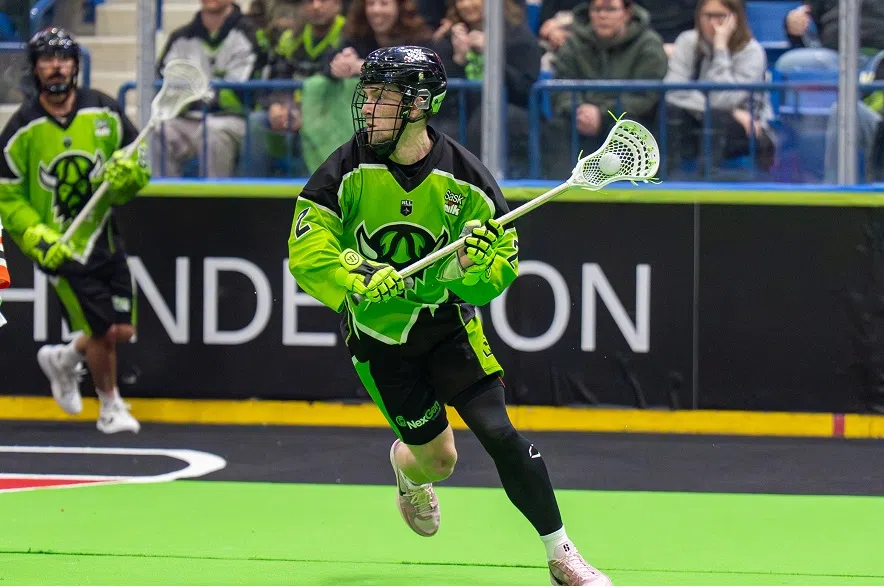A judge has ruled a court challenge can proceed over the Saskatchewan government’s law requiring parental consent for children under 16 who want to change their names or pronouns at school.
Justice Michael Megaw says the applicant, UR Pride, an LGBTQ group in Regina, should still be allowed to make its case surrounding the Charter of Rights and Freedoms even if the Charter’s notwithstanding clause has been invoked.
“UR Pride has recognized the claim here is in somewhat uncharted territory,” Megaw wrote.
“However, that UR Pride has a steep hill to climb in this regard does not mean it should not be given the opportunity to engage in the climb in an effort to illustrate that the incline can be conquered.”
Megaw’s decision allows UR Pride and the government to provide all their evidence and arguments before court. The judge can then decide his next steps.
Lawyers for UR Pride urged Megaw last month to allow the challenge, arguing the law passed by Premier Scott Moe’s government limits the rights of gender-diverse youth who are entitled to a safe educational environment.
Lawyers for the Saskatchewan government urged the judge to dismiss the challenge on the grounds the law doesn’t breach the Charter and is in the best interest of gender-diverse children.
The province says the Charter wasn’t breached because Moe’s government used the notwithstanding clause to enact the law. The notwithstanding clause is a rarely used measure that lets governments override certain Charter rights for five years.
Megaw said he’s declining at this stage to consider the government’s bid to have case deemed moot.
“A difficult claim, a novel claim, or even a steep climb claim, is not analogous to a doomed claim,” Megaw wrote. “There is no basis here to deny the applicant the opportunity to establish their claim.”
The legislation was proposed by the provincial government in August of 2023, and prompted passionate responses by people in favour of and against the idea.
In September, Megaw had granted an injunction against the policy, which Saskatchewan’s advocate for children and youth said was discriminatory. A Saskatchewan human rights commissioner resigned over the policy.
UR Pride also launched its legal action against the government in September.
Moe recalled MLAs two weeks early to debate the proposed legislation, and it was passed in October.
Saskatchewan is not the only province remaking policy in this area. Last year, New Brunswick enacted policies for young people questioning their gender, bringing in rules that require students 16 and younger to have parental permission to change their names or pronouns at school.
Alberta has taken the issue even further and promised to enact changes this fall.
Alberta Premier Danielle Smith has said parental consent would be required for students 15 and under who want to change their names or pronouns at school. Students who are 16 and 17 would not need consent, but their parents would have to be notified.
Alberta also plans to ban gender reassignment surgery for those 17 and under. There are to be no puberty blockers or hormone therapies for the purposes of such surgery for anyone 15 and under, unless they’ve already begun such procedures.
And there are planned restrictions around transgender women participating in female-only sports.
Smith said the changes are to protect children from the consequences of choices they may later regret and to preserve the role of parents in the lives. She has not ruled out using the notwithstanding clause to make the changes.
Like Saskatchewan, Alberta’s changes have prompted protest rallies and concerns from legal scholars and medical professionals.
This week, 36 law professors and legal researchers from Alberta’s two largest universities urged the province reconsider its decision, saying the changes violate multiple sections of the Charter and may constitute cruel and unusual treatment.
The Canadian Press







